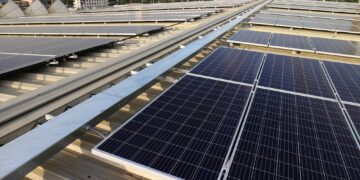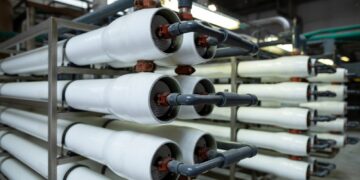Uzbekistan is emerging as a regional leader in renewable energy, deepening ties with the Kingdom of Saudi Arabia as both countries align on clean power and green industry. A meeting in Tashkent between President Shavkat Mirziyoyev and His Excellency Khalid Al-Falih, Minister of Investment of the Kingdom of Saudi Arabia, underscored growing trust and a long-term strategic agenda, according to Trend News Agency.
Joint investments now total $27 billion, more than half driven by ACWA Power’s projects valued at $15 billion, according to Trend News Agency. Tashkent views these ventures as a catalyst for energy reform and reduced reliance on fossil fuels, while Riyadh advances Vision 2030 by exporting green technologies and building a global clean-energy footprint.
Flagship builds include a 1.5 GW wind farm in Kungrad (Karakalpakstan) and two 500 MW wind projects in Peshkun and Gijduvan (Bukhara region), according to Trend News Agency. Solar plants are underway in Tashkent and Samarkand regions, with a green hydrogen facility in Chirchik valued at about $88 million in partnership with PowerChina, plus plans for a 334 MW storage system and 1 GW of new solar capacity, according to Trend News Agency.
International lenders are backing the rollout. The Asian Development Bank has allocated $51 million for the Nukus-2 wind project, signaling confidence in the program’s governance and ESG alignment, according to Trend News Agency.
ACWA Power leaders said Uzbekistan is now the company’s second-largest investment destination and praised the government’s transparency and support. Training is also a priority: a new curriculum at the Energy College in Shirin is preparing specialists for the renewables sector, according to Trend News Agency.
Diversification is widening beyond energy. Saudi firm Data Volt is building a data center in Tashkent with plans for New Tashkent and Bukhara, while a “Metals of the Future Technopark” is under discussion for lithium, titanium, and graphite processing, according to Trend News Agency.
The next phase hinges on modernizing grids, scaling storage, and refining regulation to fully absorb new capacity. In essence, Uzbekistan and the Kingdom of Saudi Arabia are pairing investment with shared goals: accelerating the green transition, bolstering energy security, and building clean, future-ready infrastructure.









